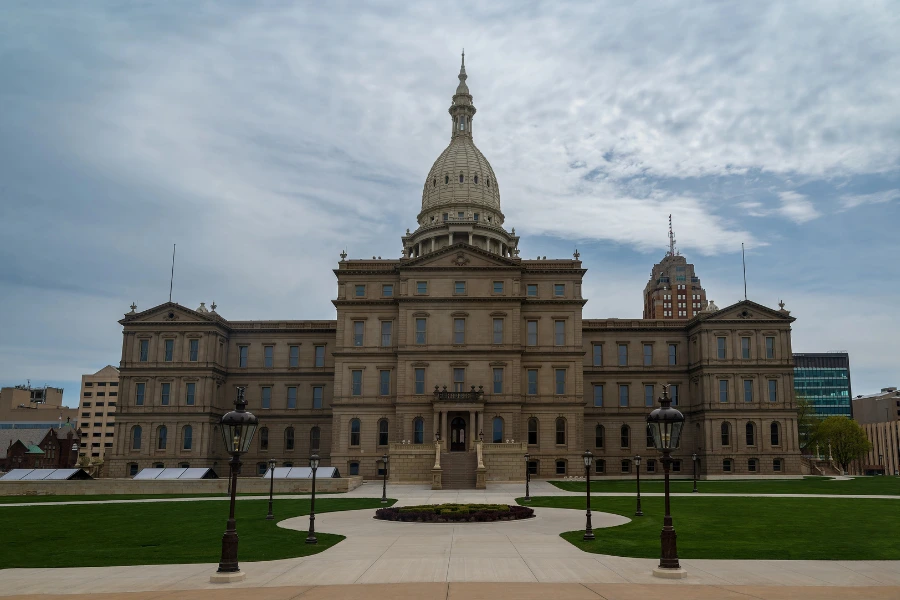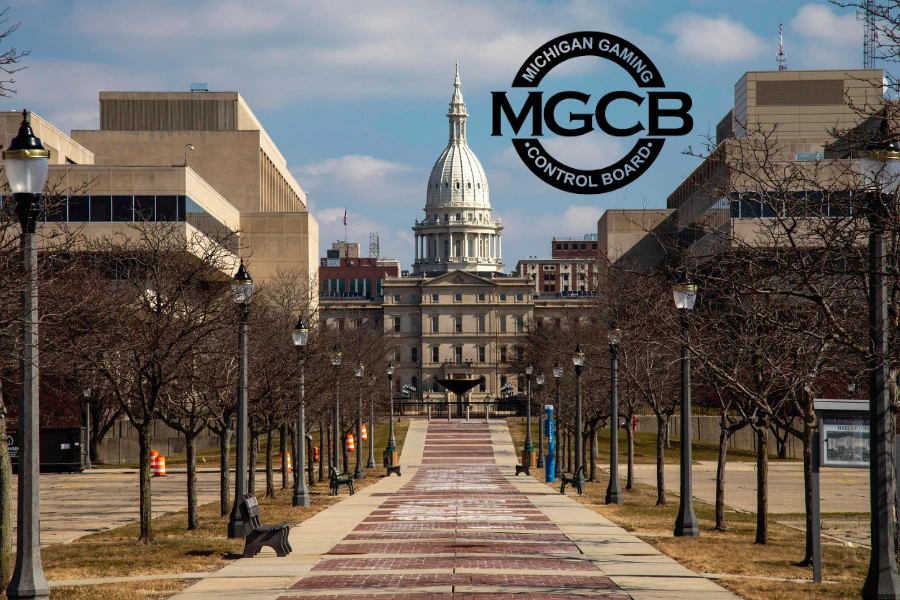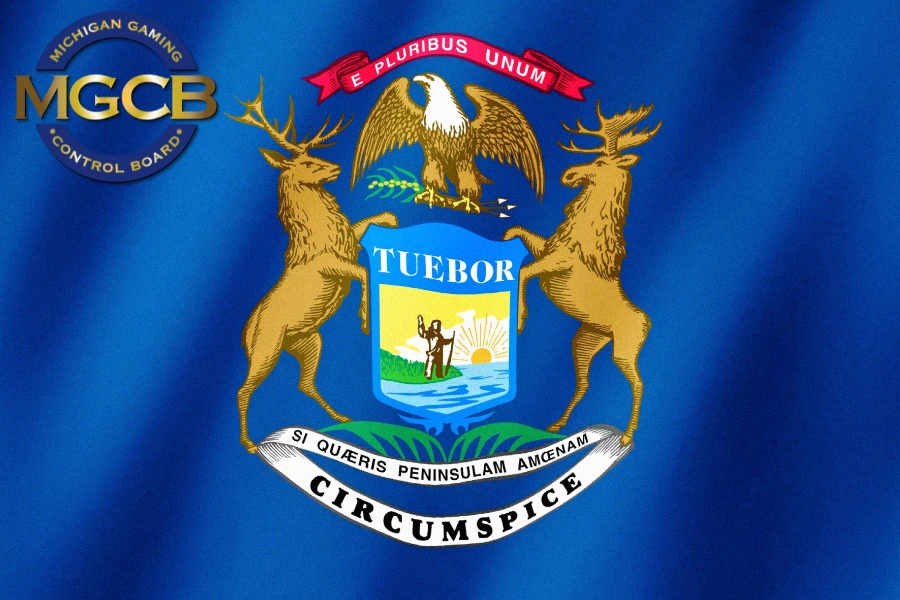Senate Bills 1193 and 1194 suggest marginal hikes — a 0.1% increase on sports betting taxes and a 1% increase on online casino taxes — but FanDuel is framing the potential changes as a major threat to the industry’s consumer appeal.
“Use the link below to tell your state representatives NO to a tax hike on legal sports betting and iGaming,”
read an email sent to Michigan users.
The message emphasized that promotional offers and favorable odds could diminish, with FanDuel MI urging users to act quickly through a form hosted by the Sports Betting Alliance, a coalition including FanDuel, BetMGM, DraftKings, and Fanatics.
The legislation comes as several states, inspired by New York’s staggering 51% tax rate on sports betting revenue, explore adjustments to their own tax policies.
States like Ohio and Illinois have recently implemented tax hikes, with Ohio doubling its rate to 20% and Illinois adopting a tiered system ranging from 20% to 40%.
However, resistance has emerged, with Ohio Senator Niraj Antani introducing a bill to revert his state’s rate back to 10%.
The Industry’s Unprecedented Growth
The timing of FanDuel’s plea coincides with an extraordinary year for the Michigan sports betting and online gambling market. November 2024 set a new benchmark, with $650.2 million in total sports betting handle, up 16% from October.
Combined gross revenue from online sports betting and iGaming reached $240.4 million, continuing a trend of growth that has positioned Michigan as a leading market.
FanDuel has been a significant contributor to this success, recording $254 million in handle for November alone, making it the state’s top operator.
This dominance is no fluke — FanDuel became the first operator to exceed $6 billion in lifetime handle in Michigan this year, with an 11.2% lifetime hold percentage, the highest among major operators.
The state’s sportsbooks collectively achieved $449.8 million in gross revenue through November, shattering previous annual records. Total handle for the year is poised to exceed $5 billion, eclipsing the 2022 total of $4.8 billion.
The Detroit Lions’ resurgence as a playoff contender has only fueled this betting frenzy, helping the state maintain three consecutive months with over half a billion dollars wagered.
Balancing Growth with Taxation
While the financial success is undeniable, the proposed tax increases represent a critical inflection point for the industry. FanDuel argues that higher taxes could stifle innovation and reduce consumer benefits, potentially hindering Michigan’s competitive edge.
However, proponents of tax hikes point to neighboring states like Pennsylvania, where aggressive taxation has generated substantial state revenue without crippling the market.
In 2023, Michigan sportsbooks paid $81.8 million in taxes, a figure that has steadily climbed since the market launched in 2021. The state’s moderate tax rates — 15% on online casino revenue and 8.4% on sports betting — have supported sustained growth while contributing to public funding initiatives.
David Rebuck, the retired head of New Jersey’s Division of Gaming Enforcement, emphasized the importance of finding a balanced approach:
“We didn’t want to form a barrier to entry into the market with a high tax rate that only the biggest companies could afford.”




